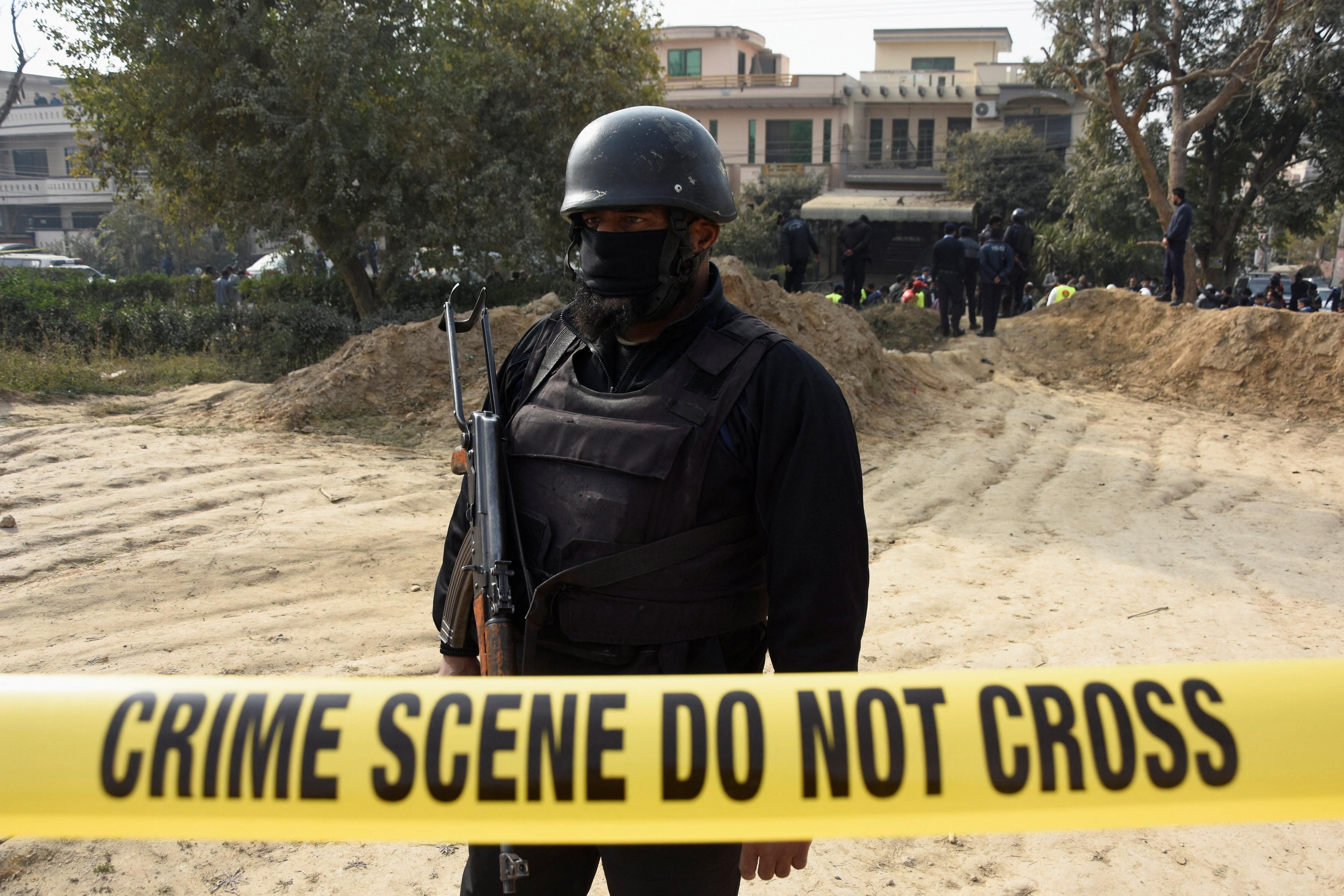Pakistan’s “second war against terror” has effectively begun.
On Friday, a suicide bomber killed himself and killed three other people in Islamabad, the first such attack in Pakistan’s capital in eight years. This is just the latest in a series of offensives launched by the Pakistani Taliban, who unilaterally ended a ceasefire with Pakistan last month after their leader was killed in Afghanistan, where they are provided refuge by their allies, the Afghan Taliban. The Pakistani Taliban blamed the death on Pakistani intel.
Since then, the group has stepped up attacks of all types — cross-border sniping, complex hostage-takings, even targeting medical teams trying to cure polio — across Pakistan, further destabilizing a country in the midst of an economic meltdown and a political crisis. But the Taliban aren’t Islamabad’s only problem: this year has seen an uptick of attacks by the Islamic State as well as Baloch separatists who have targeted personnel from China — Pakistan’s only ally.
Meanwhile, Islamabad’s relations with the Afghan Taliban have also deteriorated.
For much of the two decades of the US-led military occupation of Afghanistan, Pakistan aided and abetted senior Taliban leaders, providing them safe haven at the cost of losing Washington’s trust. But a year and a half after the Taliban takeover, the Islamists are turning out to be more than a mere disappointment for Islamabad.
Taliban border guards killed Pakistani civilians and attacked military posts last week, even as the Taliban leadership has continued to protect and nurture anti-Pakistan insurgents as well as engaged commercially and diplomatically with India, Pakistan’s arch-nemesis.
The Pakistani Taliban's comeback is a big problem for the country's army. And the wrong bet on the Taliban might be yet another strategic miscalculation by an institution which continues to rule Pakistan while undermining civilian rule.